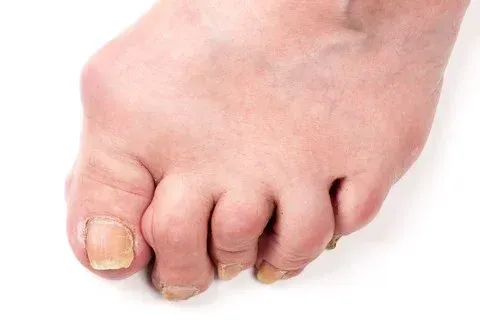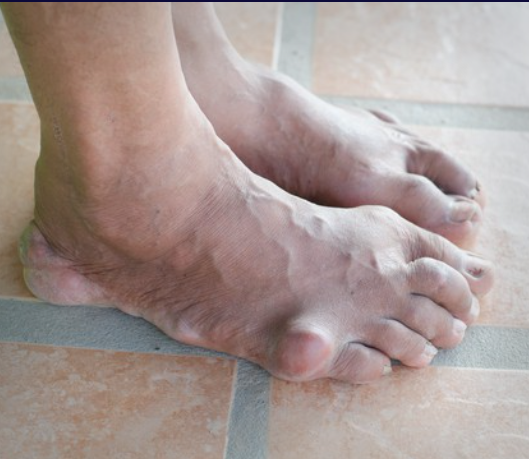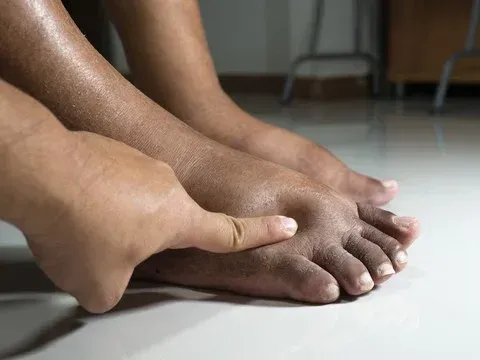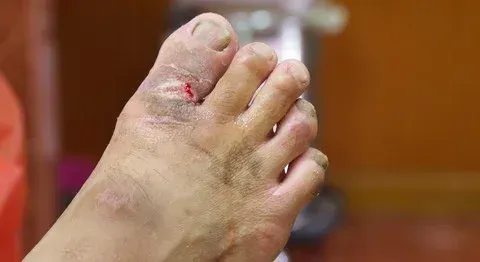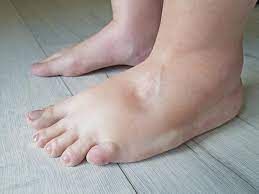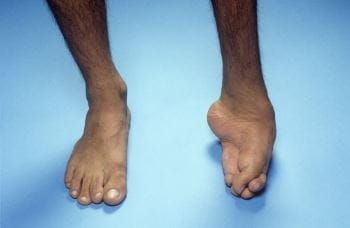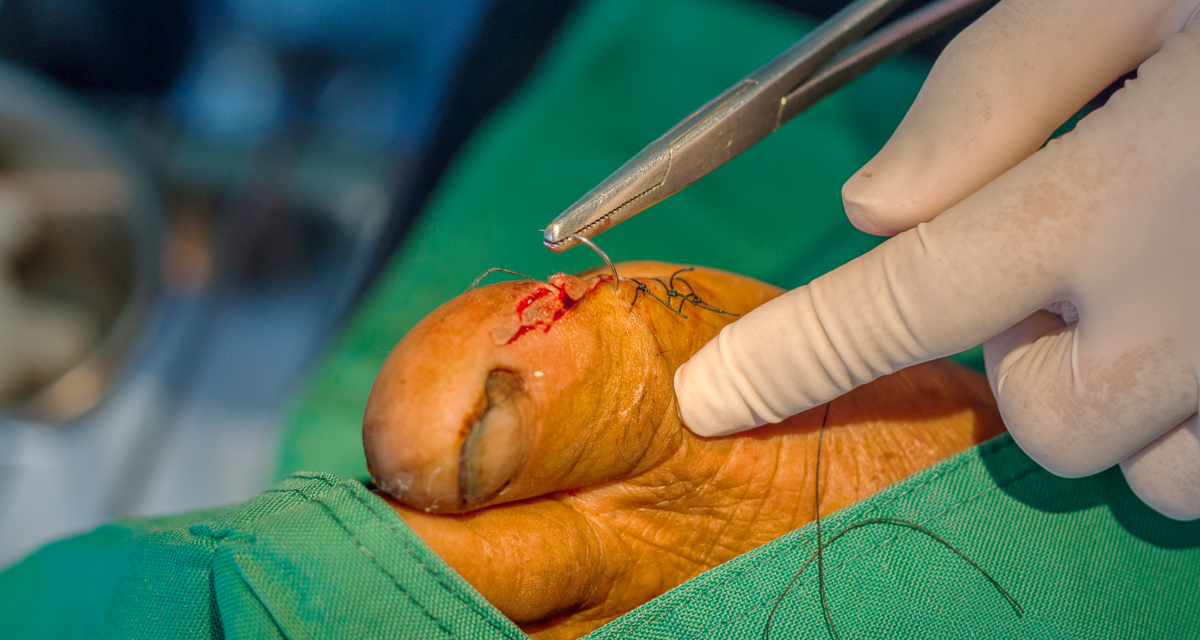Article
What causes Heel Pain (Plantar Fasciitis)?
There are many causes of heel pain. Plantar fasciitis is not necessarily caused by one injury but by persistent pounding and heel stress. Some major causes of plantar fasciitis include:
Inflammation of the plantar fascia: Plantar fascia is a ligament that connects the heel bone to the tip of the foot. It is quite strong and looks like a bowstring. The plantar fascia becomes inflamed when it is stretched beyond its limits. Inflammation usually happens at the point of attachment to the heel bone. However, in some cases, it may affect the middle part of the foot. Pain often occurs under the foot, especially after resting for a prolonged period. Cramps of the calf muscle may occur if the Achilles tendon becomes tightened.
Heel bursitis is an inflammation of the bursa, a fibrous sac filled with fluid at the back of the heel. Heel bursitis happens when landing awkwardly on the foot. Pain is felt at the back of the heel or, in some cases, inside the heel. The Achilles tendon may swell. Pain caused by heel bursitis is chronic.
Heel bumps, also referred to as pump bumps, occur mostly in teenagers. The heel bones of teenagers are not fully mature. If rubbed frequently, it can result in excess formation of bone. In persons with flat feet, heel bumps also occur when teens wear high-heeled shoes before the bone fully matures.
Tarsal tunnel syndrome occurs when nerve fibers in the back of the foot become entrapped or pinched.
Inflamed heel pad
Inflamed heel pad: Inflammation of the heel pad happens when the pad is excessively thin. Heavy footsteps may inflame the heel pad.
Stress fractures are caused by strenuous exercise, injury, or heavy laborious work. Athletes are most prone to stress fractures. May also be caused by osteoporosis.
Severs disease is very common in children and teenage athletes. Caused by excessive use or trauma in the growth plates of the heel bone. Children between the ages of 7 and 15 are most commonly affected.
Achilles tendinosis known clinically as degenerative tendinopathy. It is caused by the gradual degeneration of the Achilles tendon.
Heel pain may also be caused by:
- Rupture of the Achilles tendon.
- A tear to the plantar fascia.
- Baxter's nerve entrapment.
- Calcaneal cysts.
- A tear of the short flexor tendon.
- Systemic arthritis.
- Bruise to the bone.
- Poor blood circulation.
- Poor posture while walking or running.
- Gout.
- Osteomyelitis.
The content provided in our Foot & Ankle Patients guides is meant for informational purposes only and should not be used for self-diagnosis. We kindly ask you to contact any of our clinics to arrange an appointment with one of our skilled doctors.
share this
Related Articles
Related Articles



